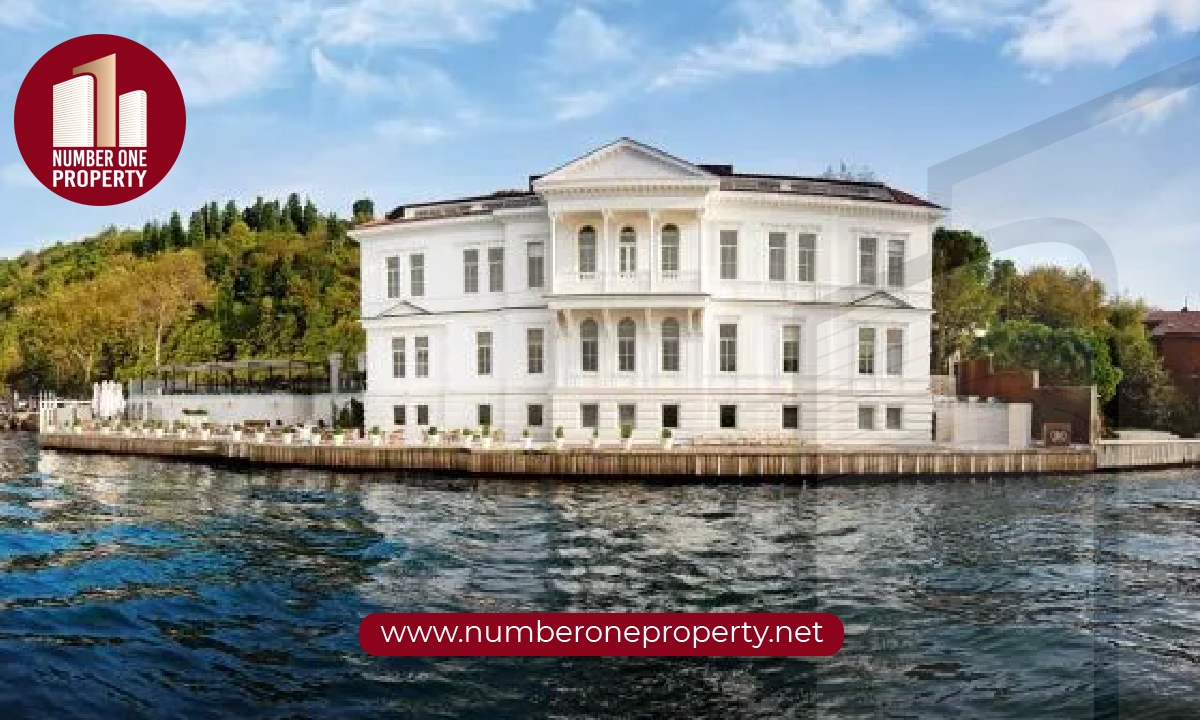Converting your rental property to a vacation home? This guide explains the steps, tax impacts, and benefits of converting rental property to a vacation home. Start here.
Key Takeaways
Converting a rental property to a vacation home has significant tax implications, including potential loss of deductions and capital gains taxes upon sale.
This conversion provides personal enjoyment and financial opportunities, such as earning rental income during off-seasons.
Proper legal compliance, financial planning, and maintenance are essential for successfully transitioning and managing a vacation home.
Understanding the Tax Implications
Understanding the tax landscape is essential when converting a rental property to a vacation home. The IRS has specific rules that can significantly impact your tax return. Using the property for personal purposes for more than 14 days in a year can affect the deductibility of expenses tied to that property. This means your tax burden could increase due to the loss of certain deductions.
A significant tax implication is the loss of rental status, leading to immediate tax consequences. Reporting any gain from the sale of the property may result in capital gains taxes. Converting a rental property to personal use can disqualify you from certain tax deductions, such as depreciation. This can change your taxable income dramatically, especially regarding the allocation of expenses.
The appreciation of a converted rental property is subject to capital gains taxes when sold, impacting the financial return on investment. However, the IRS Section 121 exclusions may partially reduce the capital gain tax portion after the property has been converted to a personal residence. Consulting a knowledgeable real estate tax advisor is advisable to navigate these complexities, as the tax implications can vary significantly.
Grasping these tax consequences is vital for effective financial planning. Awareness of potential tax burdens and benefits helps in making informed decisions that align with long-term financial goals.
Benefits of Converting Rental Property to Vacation Home

Converting a rental property into a vacation home offers numerous benefits. A primary advantage is increased personal enjoyment. Spend more time in a place you love without the pressures of tenant expectations. You can enjoy longer stays and make the property truly your own.
Financially, this conversion can also be advantageous. Generate rental income during off-seasons while still enjoying the property yourself. Market appreciation from maintaining and improving a vacation property can contribute to building long-term wealth alongside immediate rental income. Balancing personal enjoyment with financial considerations is key to maximizing the benefits of your vacation home.
Steps to Convert Your Rental Property
Converting a rental property to a vacation home involves several key steps. First, notify existing tenants and provide them with adequate time to vacate the property. This ensures a smooth transition and helps you avoid potential legal issues.
Next, update legal documents like property titles and insurance policies to reflect the new use. Modifications to the property may include enhancing amenities or making renovations to better suit personal use. These changes can improve the property’s appeal and functionality, making it a more enjoyable retreat for you and your family.
Managing Property Taxes and Mortgage Interest
Managing property taxes and mortgage interest is crucial when converting a rental property to a vacation home. Mortgage interest and property taxes can still be deducted from personal tax returns after the conversion. Track the number of days the vacation home is rented and personally used to accurately allocate expenses for tax reporting.
If the property is rented for more than 15 days a year, the homeowner must report rental income and allocate expenses between personal and business use. Additionally, any rental expenses exceeding rental income may be carried forward to future tax years, subject to limitations.
Managing these aspects correctly can result in significant tax savings and lower the overall tax burden.
Legal Considerations and Zoning Restrictions
Legal considerations and zoning restrictions are crucial when converting a rental property to a vacation home. Professional consultation is necessary to understand the legal and tax implications of such a conversion. The legality of short-term rentals heavily depends on local zoning regulations, which may prohibit such uses in specific areas.
Some municipalities require landlords to obtain permits or licenses to operate short-term rentals legally. Homeowners associations (HOAs) often enforce their own rules regarding rental activities, which can impact the legality of converting properties. Compliance with these regulations is vital to avoid disputes with neighbors and potential enforcement actions from local authorities.
Financial Planning for Your Vacation Home
Effective financial planning is essential for managing a vacation home. Budgeting for fixed costs like mortgage payments, property taxes, and insurance ensures financial stability. Variable expenses such as cleaning services and maintenance can fluctuate based on the property’s occupancy rate.
Allocating funds for unexpected repairs helps maintain the property’s condition over time. Researching local costs for services such as cleaning and maintenance can help set realistic budget expectations.
Sound financial planning enhances the long-term viability of your vacation home, making it a worthwhile investment.
Rental Income Opportunities
Transforming a rental property into a vacation home opens up various rental income opportunities. Rental income can be generated by renting out the vacation home when it is not for personal use. This can provide a financial cushion by reducing vacation costs through rental income during off-seasons.
Short-term rentals often yield higher income due to flexible pricing based on demand and seasonality. However, managing short-term rentals can involve more frequent maintenance and updates to meet guest expectations. Quality furnishings and professional photography can significantly impact booking rates, helping you stand out in the competitive short-term rental market.
Capital Gains and Depreciation Recapture
Selling a vacation home that has been used as a rental involves depreciation recapture at a rate of 25% due to previously claimed depreciation reducing the tax basis. Total taxable gain calculations for a vacation home include the sales price minus selling expenses and the adjusted basis, affected by any previous depreciation claimed.
Tax implications for selling a vacation home vary based on its rental history and any passive losses available for deduction at the time of sale.
Owners can rent a converted vacation home for up to 14 days annually without declaring rental income, offering significant tax advantages.
Case Study: Successful Conversion

Consider a successful conversion of a rental property to a vacation home to illustrate the process. Key decisions involved evaluating the local rental market and determining the best use of the property for personal enjoyment and rental opportunities.
The conversion allowed for changes in depreciation deductions and capital gains taxes, ultimately yielding significant tax benefits. Following relevant sections of the tax code, such as IRC Code Section 1031 and IRS Code Section 121, allowed the property owner to navigate potential tax consequences effectively.
This case study highlights the advantages and outcomes of such a transformation.
Tips for Maintaining Your Vacation Home
Regular preventive maintenance is required to identify potential issues before they escalate into costly repairs. Frequent visits to the vacation home can prevent problems caused by long periods of vacancy.
Smart home technology allows remote monitoring of security and climate control, ensuring the property remains in good condition. Seasonal maintenance tasks prepare the home for changing weather conditions, helping to maintain its value and functionality.
Can You Change Your Mind?
Changing circumstances might lead to reverting your vacation home to a rental property. This decision can have complex tax implications, particularly concerning how long the property has been used for personal versus rental purposes.
Converting a vacation home to a primary residence for two years before the sale may qualify it for capital gains exclusion, but specific timing and residency requirements must be met. Selling a vacation home does not allow for capital gains exclusion, meaning the entire gain is subject to taxation, unlike primary residences.
Evaluating the benefits of reverting the property to a rental can help align with your financial goals and personal situations.
Alternative Investment Strategies
Holding properties as rentals remains a common alternative investment strategy for those considering other options. Rental properties can provide steady cash flow and long-term appreciation for investors, making them a viable choice for an investment property.
Exploring alternative investment strategies, including real estate, collectible investments, and precious metals, offers prospects for wealth growth. Investing in hedge funds and private equity can also be viable strategies for building wealth, now accessible to more investors.
Professional guidance from a qualified tax advisor is necessary to navigate these options effectively and maximize returns.
Summary
Converting a rental property to a vacation home offers both personal and financial rewards, but it requires careful planning and consideration of tax implications, legal restrictions, and financial management. By understanding the steps involved and seeking professional guidance, you can transform your rental property into a cherished vacation retreat while maximizing its financial potential.
Read Also:'
The Pros and Cons of Owning a Vacation Home



